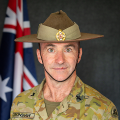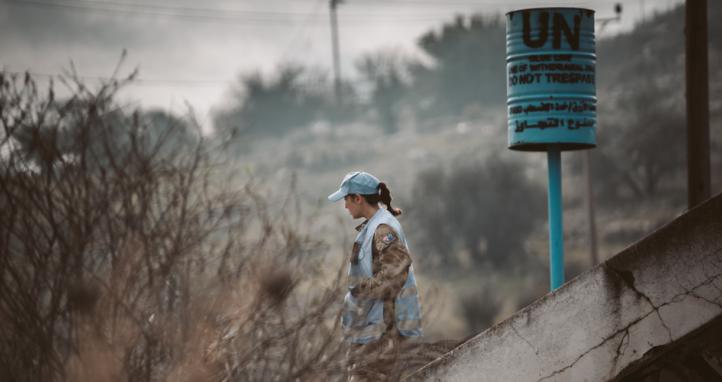When a friend gets cancer, we know caring ways to respond: expressing concern, offering help, bringing meals, chatting over a brew, sending a card and/or flowers. Cancer is a debilitating health challenge. Facing serious physical illness with hope takes not just expert medical care but compassionate support from friends and family. But when a friend gets schizophrenia, people are generally less likely to know how to respond with care. Yet this kind of illness can be just as debilitating as cancer for a person’s normal way of life. They still desperately need support from friends and family, yet may be less willing to publicly announce their condition and less able to respond warmly with appreciation for support offered. This is where Mental Health First Aid (MHFA) training is helpful – to help understand the nature of mental illness and ways to helpfully respond.
The course training in its content and importance is appropriately named First Aid. We are encouraged as employees, parents or members of the public to do normal First Aid to be prepared to respond appropriately if someone needs initial care after breaking a bone, being bitten by a snake or suffering a heart attack. In parallel, MHFA equips us to be prepared to respond with insightful care for people with depression, anxiety, panic attacks, substance abuse, eating disorders, suicidal thinking, non-suicidal self-injury or psychosis.
Part of the practicality of the training is that it introduces a process for responding and offering support and then applying and practising this for different issues. The MHFA acronym is ALGEE:
- Approach, assess and assist with any crisis - assess the risk of suicide or harm and look for signs of trauma and high anxiety.
- Listen to the person non-judgementally.
- Give the person reassurance, support and information.
- Encourage the person to seek appropriate professional help.
- Encourage the person to seek self-help and other support strategies.
The acronym reminds us to not hesitate to approach and listen, to be attentive to crisis, and to encourage both professional help and other supports.
The course embodied for me important aspects of transforming training. MHFA is transforming in the sense of being deliverable fully online as well as face-to-face. More importantly, it fosters a safe place for reflecting on participants’ own challenges with mental health and/or their support of others – which is transformative in terms of perceptions and attitudes. The training is highly interactive and so as a teacher I enjoyed learning not just the content but some different teaching methods. For example, a thought-provoking technique built into the course handbook was that each topic and chapter was introduced by a painting by someone reflecting on their lived experience of mental illness. At the beginning of each lesson the teacher asked the class what they saw in the painting, to discuss it and then asked someone to read the painter’s description. This prompted me to plan to identify and collect different paintings that could similarly be used in other character training contexts to help connect imaginatively with trainees who think more creatively. Transformation of thinking can be prompted by insights that come from more creative methods such as this.
MHFA resources and courses including online options are accessible at https://mhfa.com.au/. It is a 2 day seminar offered by a number of agencies but best available free for Defence members and their families through Open Arms: https://www.openarms.gov.au/get-support/group-programs/national-schedule. I did an Open Arms hosted MHFA course not because mental health treatment is my expertise or responsibility as a chaplain – diagnosis and treatment are outside my lane. But sympathetically understanding and supporting soldiers, colleagues, family members and myself, and being equipped how best to support one another’s mental health is important to me and I’d suggest ought to be important to all of us. MHFA is not mandatory training but is well worth self-mandating for any Army member interested in supporting their team or mates.
**If you found any of this content distressing and would like to talk to someone, there are a variety of support services available to you:
Lifeline - 13 11 14
BeyondBlue - 1300 224 636
Suicide Call Back Service - 1300 659 467
To contact a Chaplain in your location, please call the Defence switchboard on 1300 333 362 and ask for the Duty Chaplain at the Defence base closest to your location.









